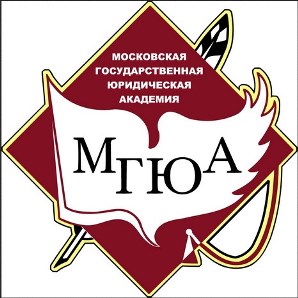Up
Research group session on competition law
10.12.2015
 Adviser of YUST Law Firm Dmitry Seregin took part in the joint session of the research group on the issues of competition law at the premises of Moscow State Law University and IP Club.
Adviser of YUST Law Firm Dmitry Seregin took part in the joint session of the research group on the issues of competition law at the premises of Moscow State Law University and IP Club.
The session was dedicated to case studies of practical application of intellectual property and competition legislation. The following examples of applying antitrust limitations in case of denial of a license and package licensing were discussed:
In his speech Dmitry Seregin mentioned that the Federal Law “On protecting competition” excludes the application of the prohibition to abuse dominance to actions concerning exercise of exclusive rights to intellectual property and means of identification. Exclusive right, in its turn, provides a limited set of authorities: right to use intellectual property or means of identification, right to dispose of such intellectual property or means of identification, as well as to permit or prohibit the use of such intellectual property or means of identification to other persons.
Therefore, antitrust law does not concern the fact of existence of exclusive rights, nor its use in certain products or disposal of such right. However, later, when the right holder disposes of the product he loses all rights to such product and cannot use exclusive right to limit competition in the market.
 Adviser of YUST Law Firm Dmitry Seregin took part in the joint session of the research group on the issues of competition law at the premises of Moscow State Law University and IP Club.
Adviser of YUST Law Firm Dmitry Seregin took part in the joint session of the research group on the issues of competition law at the premises of Moscow State Law University and IP Club.The session was dedicated to case studies of practical application of intellectual property and competition legislation. The following examples of applying antitrust limitations in case of denial of a license and package licensing were discussed:
- in the US: concerning Kodak, Xerox, Microsoft;
- in the EU: concerning Microsoft;
- in Russia: concerning Google.
In his speech Dmitry Seregin mentioned that the Federal Law “On protecting competition” excludes the application of the prohibition to abuse dominance to actions concerning exercise of exclusive rights to intellectual property and means of identification. Exclusive right, in its turn, provides a limited set of authorities: right to use intellectual property or means of identification, right to dispose of such intellectual property or means of identification, as well as to permit or prohibit the use of such intellectual property or means of identification to other persons.
Therefore, antitrust law does not concern the fact of existence of exclusive rights, nor its use in certain products or disposal of such right. However, later, when the right holder disposes of the product he loses all rights to such product and cannot use exclusive right to limit competition in the market.





















